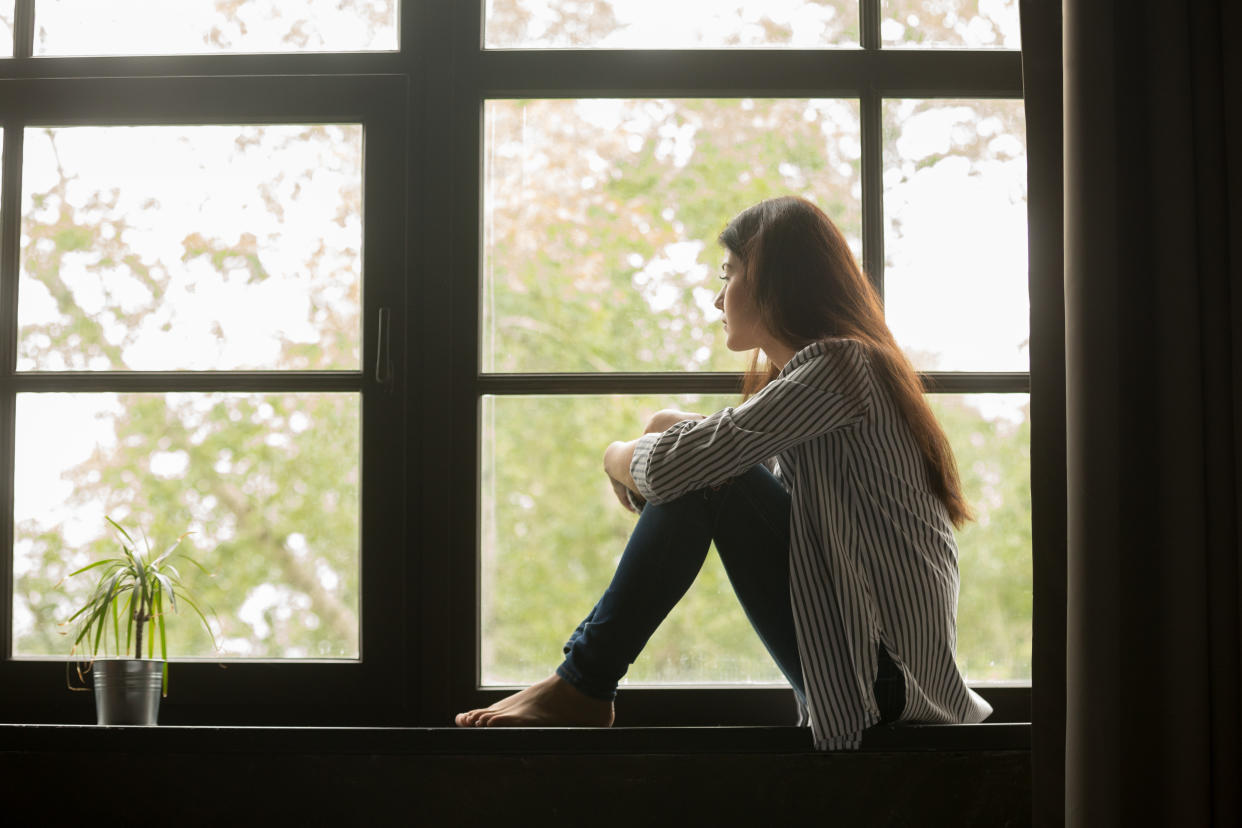CDC advises on steps to take if you've tested positive for coronavirus or have COVID-19 symptoms

The Centers for Disease Control and Prevention released a clear roadmap this week outlining what those who have tested positive for the coronavirus — whether or not they are showing symptoms — need to do in order to refrain from spreading it to other people.
The organization says that those who “think or know they have COVID-19 and had symptoms” must wait 10 days after symptoms appear to see people, including three days without fever. Those who test positive but are showing no symptoms should also wait 10 days until after the positive test. Those with weakened immune systems, it notes, may need to wait longer.
Yahoo Life Medical Contributor Dr. Dara Kass clarifies what the advice means. “This is saying if you are symptomatic, regardless of when you’re tested, you should stay away from other people from the first day of symptoms until 10 days,” Kass tells Yahoo Life. “But you have to have three days of no fever. So if you have a fever until day 9, you have to stay until day 12.”
Although 10 days may seem arbitrary, Willam Schaffner, an infectious disease specialist and professor at the Vanderbilt University School of Medicine, says there is likely a reason for it. “What the CDC is basically saying is that they think the data are pretty secure that after 10 days you’re no longer infectious,” Schaffner tells Yahoo Life. “There’s probably not live virus anymore.”
More research is needed to confirm exactly how long individuals are contagious, but in a separate memo released this May, the CDC cited two studies that show the level of infectious virus “approaches zero by 10 days.” One of the studies, published by Nature in April, found that the peak of infectiousness for patients with COVID-19 occurred in the first five days and that once individuals reached the 10-day mark they were likely no longer shedding the virus actively.
Schaffner says the concept is particularly important given reports of recovered patients testing positive for the coronavirus again. He says given current research, this should not necessarily be cause for alarm. “I think the CDC has come to the conclusion that [another positive test] is not reinfection or a relapsing infection, it’s just the remnants of an infection,” says Schaffner. “So those are [likely] just viral fragments that are being detected with a positive test.”
The guidance does note that anyone who has knowingly been in “close contact” with someone who had a confirmed case of COVID-19 should isolate at home for a full 14 days. Dr. Amesh Adalja, senior scholar at Johns Hopkins Center for Health Security, says the longer length of this is likely due to questions about the delayed onset of symptoms. “Fourteen days is probably because they’re waiting out the longer duration of the incubation period because they might become symptomatic,” says Adalja. “That’s a different scenario than someone who has just recovered.”
While most people with COVID-19 should be able to see others after 10 days, the guidance does note that those with weakened immune systems may need to wait longer, and should talk to their doctor. “If testing is available in your community, it may be recommended by your healthcare provider,” it reads. “You can be with others after you receive two negative test results in a row, at least 24 hours apart.” Schaffner says that infections can linger longer in those who are immunocompromised, which is probably the reason for more caution.
Overall, all three experts feel the CDC’s advice is valuable as the country moves toward reopening. “I think these guidelines give people a basis for how to modify their behavior after they’ve recovered or been in contact with some individuals,” says Adalja. “It’s also important because employers look at it as well because they want to have people come back to work and then they’re nervous if there’s not an official guidance document to help with that decision.”
Kass agrees, but cautions that — like many things in this crisis — the advice may change. “I think it’s important for people to continue to get guidance for how to act,” she says. “We still don’t have the right answers across the board, so a lot of it we’re still trying to figure out the answer. It’s evolving evidence but this is where we are and let’s continue to figure it out.”
For the latest coronavirus news and updates, follow along at https://news.yahoo.com/coronavirus. According to experts, people over 60 and those who are immunocompromised continue to be the most at risk. If you have questions, please reference the CDC’s and WHO’s resource guides.
How to maintain your physical and mental health during the pandemic
Taking care of a loved one with COVID-19? Here’s how to stay healthy
Q&A with Dr. Kavita Patel: How to keep your family safe and maintain your mental health
Read more from Yahoo Life:
Doctors warn against taking ‘mega doses’ of vitamin D to prevent COVID-19
This is why kids under 2 don't need face masks, according to the CDC
Want daily lifestyle and wellness news delivered to your inbox? Sign up here for Yahoo Life’s newsletter.

